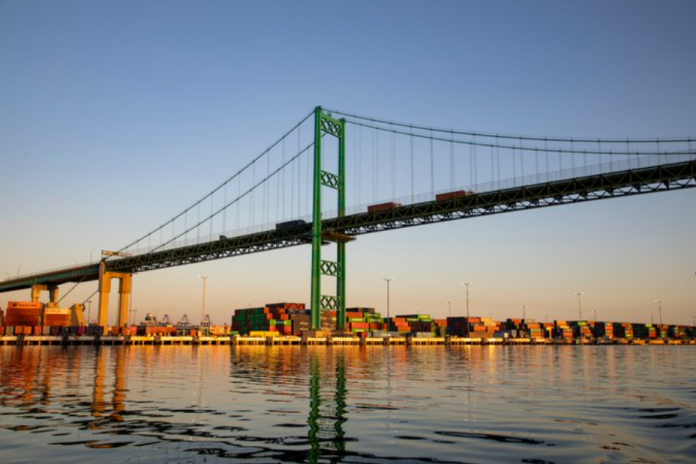Due to the fire risks posed by lithium-ion batteries, the Busan municipal government, in collaboration with South Korea's Ministry of Science and ICT, has launched an innovative project to design and develop flame-retardant and heat-insulating containers—called "smart containers"—to ensure the safe transport of lithium-ion batteries. This initiative addresses the increasing number of container ship fires, with lithium-ion batteries suspected as a major cause.
The "smart container" integrates blockchain technology and includes special insulating and flame-retardant materials to protect and monitor the battery's condition. It also uses blockchain-based data management technology for efficient battery status tracking and monitoring. Given the difficulty in extinguishing fires on ships, even with professional firefighters involved, the containers are equipped with sensors to detect the battery's condition in real-time to prevent fire outbreaks.
The Busan municipal authorities emphasized, "The risk of lithium-ion battery fires is extremely high, and improper transportation systems could result in ongoing environmental pollution." Therefore, the companies involved are focused on developing containers and boxes that can effectively protect and monitor the battery's state during transport.
Authorities plan to test the containers on cargo shipments from Busan to Singapore. As a major logistics hub for lithium-ion battery exports, Busan is home to headquarters for major battery manufacturers like LG Energy Solution, Samsung SDI, and SK Innovation, which will use these containers to test electric vehicle battery transport.
Currently in its early commercialization stage, the smart container has already attracted attention from investors. Nam Dong-woo, a policy officer for Busan's financial startup initiatives, stated, "Busan Port expects domestic and international lithium-ion battery shipments to grow rapidly, making the development of safe battery transportation technology essential." This innovative initiative not only enhances Busan Port's position in the global logistics network but also provides a new solution for the safe transport of lithium-ion batteries.
With the global energy transition and the rapid growth of the electric vehicle market, the demand for lithium-ion batteries has surged, but so has the concern over their potential fire hazards. In recent years, several container ship fires have been linked to lithium-ion batteries, raising global awareness in the shipping and battery manufacturing industries.

Last
Maersk, CMA CGM, Hapag-Lloyd Issue Warnings: Prepare for U.S. Port Strikes
With the deadline for the collective agreement between dockworkers at U.S. East Coast and Gulf Coast ports fast approaching, shipp

Next
Historic Milestone: Port of Los Angeles Container Throughput Soars by 16%, Aiming for 10 Million TEUs
The Port of Los Angeles reported a total container throughput of 884,315 TEUs in November 2024, marking a 16% increase compared to
